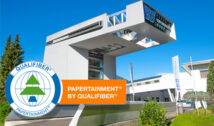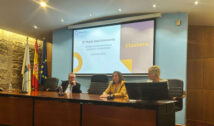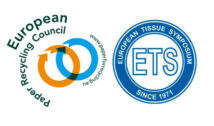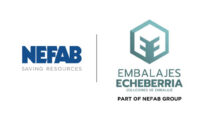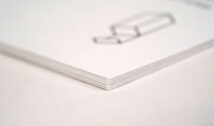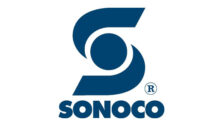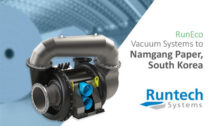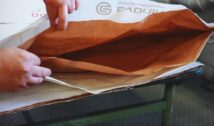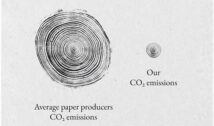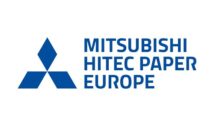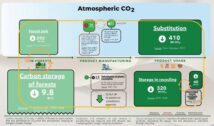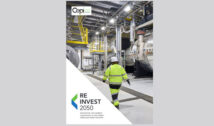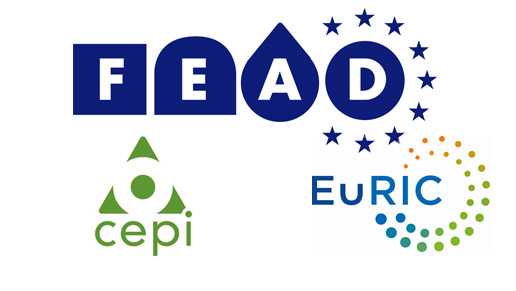
FEAD, EuRIC and CEPI are pleased to share a joint statement on the possible EN 643 revision including a possible approach.
FEAD, EuRIC and CEPI do not see any urgency for an EN 643 revision. The EN 643 has last been revised in 2014 and we suggest priority should be given to a better implementation of the standard as well as ensuring continuity, as important investments to comply with the revision have been made. The EN 643 is not only the basis for the trade of paper and board for recycling (also called recovered paper) but also a strong reference for legislation on the circular economy, for example the development of regional and national end-of-waste criteria and the calculation of recycling rates.
However, we have identified an issue with the inclusion of organic materials including foodstuffs in the prohibited materials section. Due to increased collection and recycling there is more post-consumer material and more food packaging in the streams and these contain valuable fibre but there can also be food traces. Nowadays, technical improvements allow the handling of such papers. A low tolerance for food contact material seems reasonable as the practice shows that a limited acceptance of packaging with food traces can be possible by the paper mills and the recovered paper industry constantly ensures that the post-consumer flow is as clean as possible.
Therefore, instead of a formal EN 643 revision, we call on CEN to develop an approach to interpret the “zero tolerance” of “organic waste including foodstuffs” in the prohibited materials section by considering a low tolerance level for certain grades. For those, it is important to note that “zero tolerance”, or absolute zero for foodstuffs, does not exist, as a consequence the recycling industry needs a detection threshold for foodstuffs.


